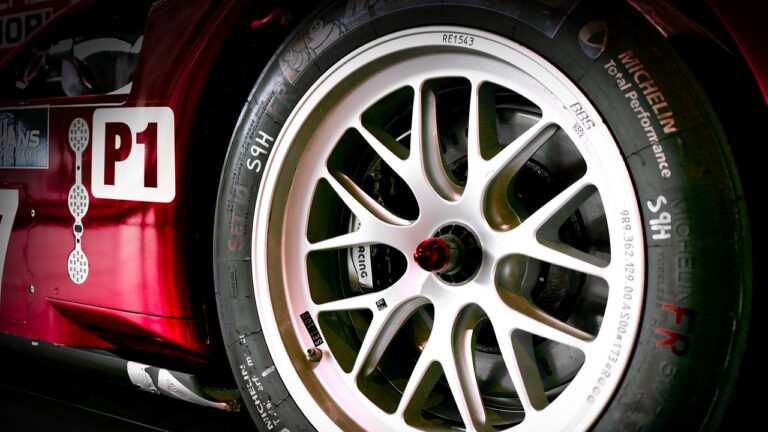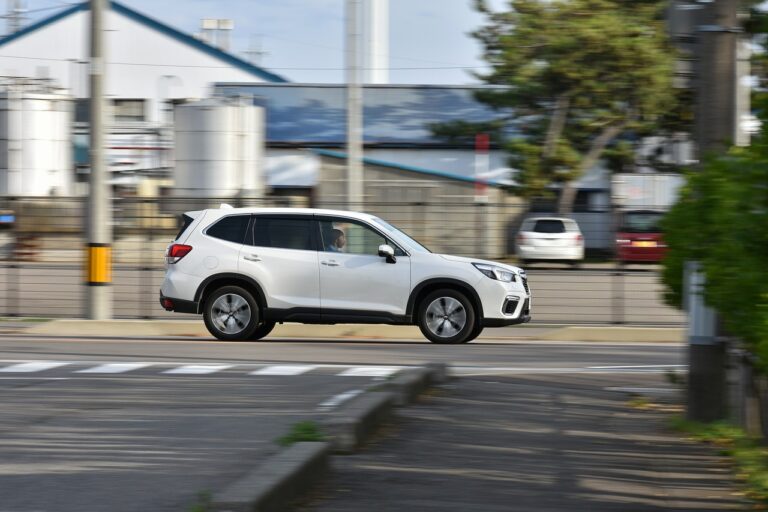Promoting Eco-Innovation Clusters to Foster Collaboration in Auto Recycling Research: 11xplaypro, The tiger 247 login, Betbook login
11xplaypro, the tiger 247 login, betbook login: Promoting Eco-Innovation Clusters to Foster Collaboration in Auto Recycling Research
In today’s world, environmental sustainability has become a top priority for industries across the globe. As the auto industry continues to grow, so does the need for sustainable practices in auto manufacturing and recycling. Auto recycling is an essential part of the sustainability puzzle, as it helps reduce waste and conserve valuable resources. However, innovation in auto recycling research is crucial to make the process more efficient and environmentally friendly.
One way to promote innovation in auto recycling research is by fostering collaboration through eco-innovation clusters. These clusters bring together industry experts, researchers, government agencies, and other stakeholders to collaborate on innovative solutions for auto recycling. By creating a collaborative ecosystem, eco-innovation clusters can help drive research and development in the field of auto recycling.
Why Eco-Innovation Clusters are Essential for Auto Recycling Research
Eco-innovation clusters play a vital role in promoting collaboration and driving innovation in auto recycling research for several reasons:
1. Knowledge Sharing: By bringing together experts from different sectors, eco-innovation clusters create opportunities for knowledge sharing and cross-pollination of ideas. This can help accelerate the pace of research and development in auto recycling.
2. Access to Resources: Eco-innovation clusters can provide access to resources such as funding, facilities, and research infrastructure, which are essential for conducting cutting-edge research in auto recycling.
3. Networking Opportunities: Collaborating within eco-innovation clusters can help researchers and industry professionals build valuable connections and relationships that can lead to new partnerships and collaborations.
4. Policy Support: Eco-innovation clusters can also help drive policy change by advocating for regulations that promote sustainability and innovation in auto recycling.
5. Market Development: By fostering collaboration and innovation, eco-innovation clusters can help create new markets for sustainable auto recycling technologies and products.
6. Environmental Impact: Ultimately, eco-innovation clusters can help reduce the environmental impact of auto recycling by promoting the development of more sustainable and efficient recycling processes.
Eco-Innovation Clusters in Action
One example of a successful eco-innovation cluster in the auto recycling industry is the Automotive Recyclers of America (ARA). The ARA is a trade association that represents the interests of auto recyclers and promotes sustainable practices in the industry. Through collaborations with researchers, government agencies, and other stakeholders, the ARA has been able to drive innovation in auto recycling research and promote the adoption of sustainable practices.
Another example is the European Recycling Platform (ERP), which is an eco-innovation cluster that focuses on promoting recycling and environmental sustainability in the European auto industry. The ERP brings together auto manufacturers, recycling companies, and government agencies to collaborate on innovative solutions for recycling end-of-life vehicles and reducing waste.
These eco-innovation clusters demonstrate the power of collaboration in driving innovation and sustainability in auto recycling research. By bringing together diverse stakeholders and experts, these clusters are able to tackle complex challenges and drive positive change in the industry.
How to Get Involved in Eco-Innovation Clusters
If you’re a researcher, industry professional, or government agency interested in promoting innovation in auto recycling research, getting involved in eco-innovation clusters is a great way to make a difference. Here are some steps you can take to get involved:
1. Join an Existing Cluster: Look for existing eco-innovation clusters in your area or industry and reach out to them to learn how you can get involved. Many clusters welcome new members and collaborators who are passionate about driving innovation in auto recycling research.
2. Start Your Own Cluster: If there are no existing eco-innovation clusters in your area, consider starting your own. Gather a group of like-minded individuals and organizations who are interested in promoting sustainability and innovation in auto recycling, and start collaborating on research projects and initiatives.
3. Attend Events and Conferences: Many eco-innovation clusters host events, conferences, and workshops that bring together industry professionals, researchers, and stakeholders to discuss the latest trends and developments in auto recycling research. Attending these events can help you network and connect with potential collaborators.
4. Advocate for Policy Change: In addition to collaborating within eco-innovation clusters, you can also advocate for policy change at the local, national, and international levels to promote sustainability and innovation in auto recycling. By working together to drive policy change, you can help create a more supportive environment for eco-innovation clusters and research initiatives.
Frequently Asked Questions
Q: What are some examples of innovative technologies being developed in auto recycling research?
A: Some examples of innovative technologies being developed in auto recycling research include advanced shredding and sorting technologies, chemical recycling processes, and automated dismantling systems.
Q: How can auto manufacturers collaborate with auto recyclers to promote sustainability?
A: Auto manufacturers can collaborate with auto recyclers by designing vehicles with recyclability in mind, providing training and resources to recyclers, and investing in research and development of sustainable materials and processes.
Q: What are the environmental benefits of promoting innovation in auto recycling research?
A: Promoting innovation in auto recycling research can help reduce waste, conserve resources, lower greenhouse gas emissions, and protect the environment for future generations.
Q: How can policymakers support eco-innovation clusters in the auto recycling industry?
A: Policymakers can support eco-innovation clusters in the auto recycling industry by providing funding, creating incentives for sustainable practices, and enacting regulations that promote innovation and sustainability.
In conclusion, eco-innovation clusters play a crucial role in promoting collaboration and driving innovation in auto recycling research. By bringing together experts from different sectors, fostering knowledge sharing, and providing access to resources, eco-innovation clusters can help drive positive change in the auto recycling industry. Whether you’re a researcher, industry professional, or government agency, getting involved in eco-innovation clusters is a great way to make a difference and promote sustainability in auto recycling.







